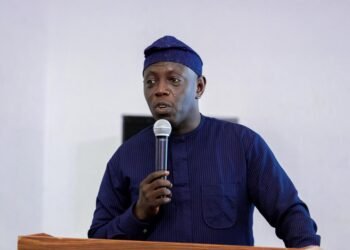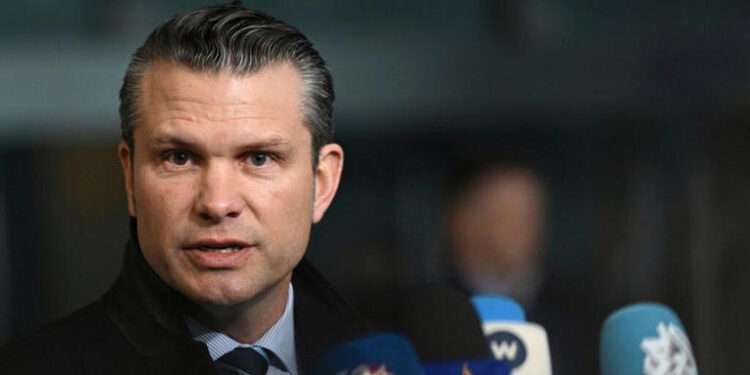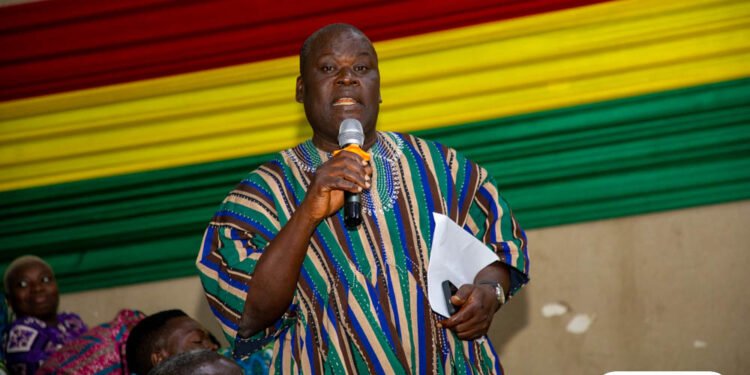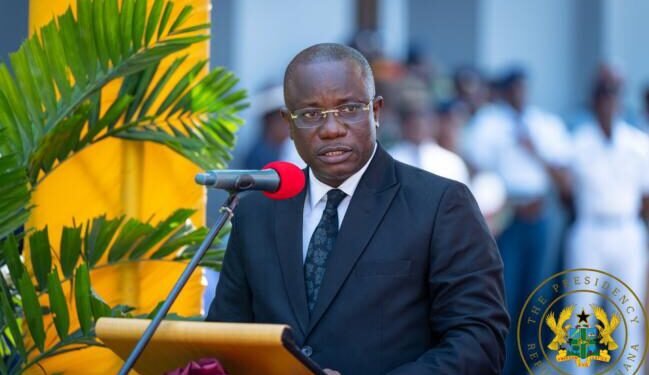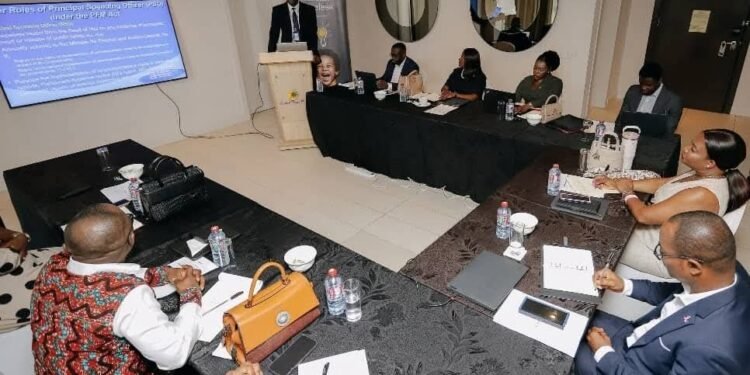Ghana’s ongoing national debate over new utility tariff proposals has once again brought into sharp focus the delicate balance between affordability for consumers and financial sustainability for utility providers.
A new policy brief from IMANI Africa warns that while businesses and consumers are justified in their frustration over rising tariffs, the country’s electricity and water sectors are on the brink of structural collapse without decisive reforms.
According to the IMANI Brief, the Public Utilities Regulatory Commission (PURC)’s proposed 2025–2030 tariff framework which aims to align utility prices with the true cost of delivering reliable electricity and water has triggered a strong backlash from industry groups and consumers.
IMANI quoted, “The Food and Beverages Association of Ghana (FABAG) argues that tariff hikes will not fix ECG’s inefficiencies,” adding that the Ghana Union of Traders Association (GUTA) has warned that the country’s high energy costs already erode competitiveness under the African Continental Free Trade Area (AfCFTA).
Manufacturers, including the Ghana Plastic Manufacturers Association, have also expressed concern that the persistent rise in tariffs is crippling local industry and discouraging investment.
IMANI notes that the frustration of businesses “reflects a wider concern: that the rising cost of utilities has become one of the biggest threats to production and business survival.”
Structural Weaknesses at the Heart of the Crisis

The policy think tank argues that behind the public outrage lies a far deeper and systemic crisis.
“The problem is not just inefficiency; it is structural.
“High debt, rising operational costs, persistent under-recoveries, and capital investment obligations have pushed Ghana’s utilities into chronic financial distress.”
IMANI Africa
The report underscores that the Electricity Company of Ghana (ECG), Volta River Authority (VRA), and Ghana Water Limited (GWL) are burdened with loans and financial commitments that they can no longer sustain.
These obligations, IMANI warns, eventually flow into the national balance sheet, shifting the burden onto taxpayers.
Ghana Water Limited, according to the brief, has signed eight on-lending loan agreements with the Ministry of Finance, totalling GHS 14.6 billion, with repayments pegged at LIBOR plus 4%.
The company currently pays GHS 38.9 million per month in loan repayments, equivalent to about 23% of its monthly revenue.
“This means that almost a quarter of GWL’s income goes into debt service before salaries, maintenance, or new investments.
“This pattern is not unique to GWL; ECG and VRA face similar constraints from legacy debts accumulated through uncollected bills, unpaid government arrears, and emergency borrowings to keep operations afloat.”
IMANI Africa
Such financial pressure, the brief argues, has created a vicious cycle. When ECG is unable to recover its costs from consumers or state agencies, it defaults on payments to Independent Power Producers (IPPs).
The IPPs, in turn, struggle to repay their lenders, forcing the government through the Ministry of Finance to step in as guarantor of last resort.
Soaring Operating Costs and Inefficiencies
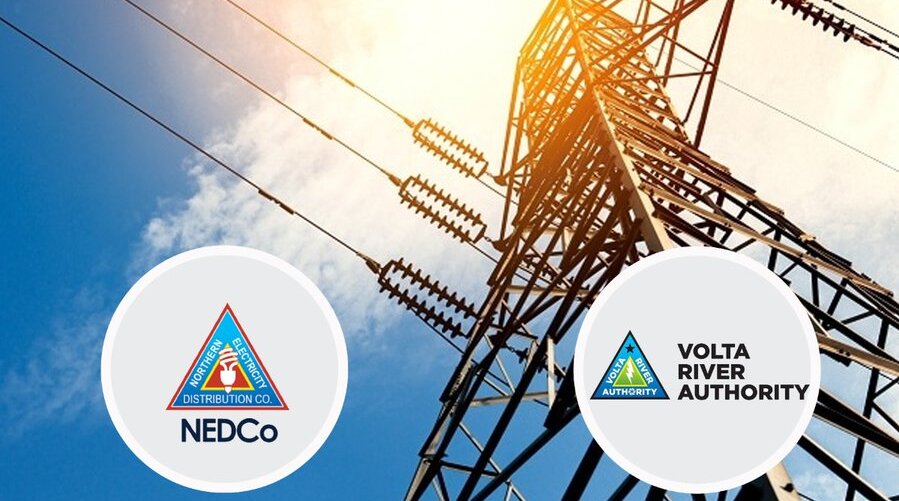
IMANI also highlights that operational costs for utilities have increased sharply, often outpacing revenue growth. Ghana Water Limited’s operational expenses, it said, have risen nearly tenfold, largely due to surging prices of water treatment chemicals.
For the VRA, the cost of running mini-grids and rural electrification projects without matching tariff adjustments has deepened its financial strain.
“While these projects expand access to electricity in rural Ghana, they come with no corresponding tariff mechanism to recover their maintenance and operational costs.”
IMANI Africa
The Electricity Company of Ghana, meanwhile, continues to struggle with technical and commercial losses, including illegal connections and non-payment by government institutions.
“Each unpaid bill translates into an operational gap that must be financed somehow, often through short-term borrowing.”
IMANI Africa
One of the most critical challenges, according to IMANI, is under-recovery—the inability of utilities to collect the full cost of services rendered.
Tariffs that fall below cost-recovery levels, combined with weak billing systems, have left utilities chronically underfunded.
“For ECG, under-recoveries are chronic.
“Many government agencies, including hospitals and ministries, delay payments for months, while illegal connections and system losses continue to eat into revenue. The result is a perpetual liquidity squeeze.”
IMANI Africa
Ageing Infrastructure and Underfunded Capital Projects
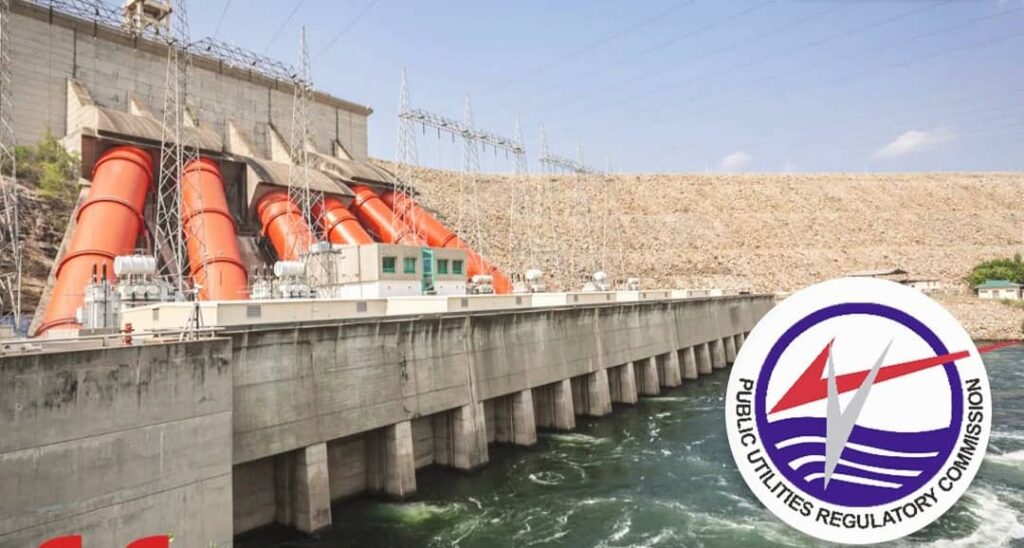
IMANI further cautions that Ghana’s utility infrastructure is ageing and underfunded, requiring massive capital investment for network upgrades, substation expansion, and new water treatment facilities.
Without realistic tariffs that reflect true operational and capital costs, Ghana risks operating a decaying utility system that cannot sustain future demand. “Every time tariff adjustments are postponed for populist convenience, the financial hole deepens,” IMANI warned.
“The short-term relief offered to consumers comes at the cost of future service reliability.
“When tariffs are suppressed, ECG borrows to survive; when ECG borrows, government guarantees those loans; and when government guarantees them, they reappear in the public debt stock.”
IMANI Africa
IMANI cautioned that the choice before Ghana is not whether to pay, but when and how. “In the end, Ghanaians pay, either directly through the meter or indirectly through taxes and inflation,” IMANI stated.
“The question, therefore, is not whether we will pay, but whether we will choose to pay now through realistic tariffs or later through deeper economic pain.”
IMANI Africa
The think tank urged policymakers to adopt a pragmatic approach that balances affordability with sustainability, warning that continuing to defer hard reforms risks turning Ghana’s power and water sectors into “permanent loss-making entities” dependent on taxpayer bailouts.
As the PURC’s nationwide consultations continue, IMANI’s analysis has added depth to an already heated national conversation, one that pits the immediate economic hardship of higher tariffs against the longer-term imperative of financial viability for the country’s utilities.









